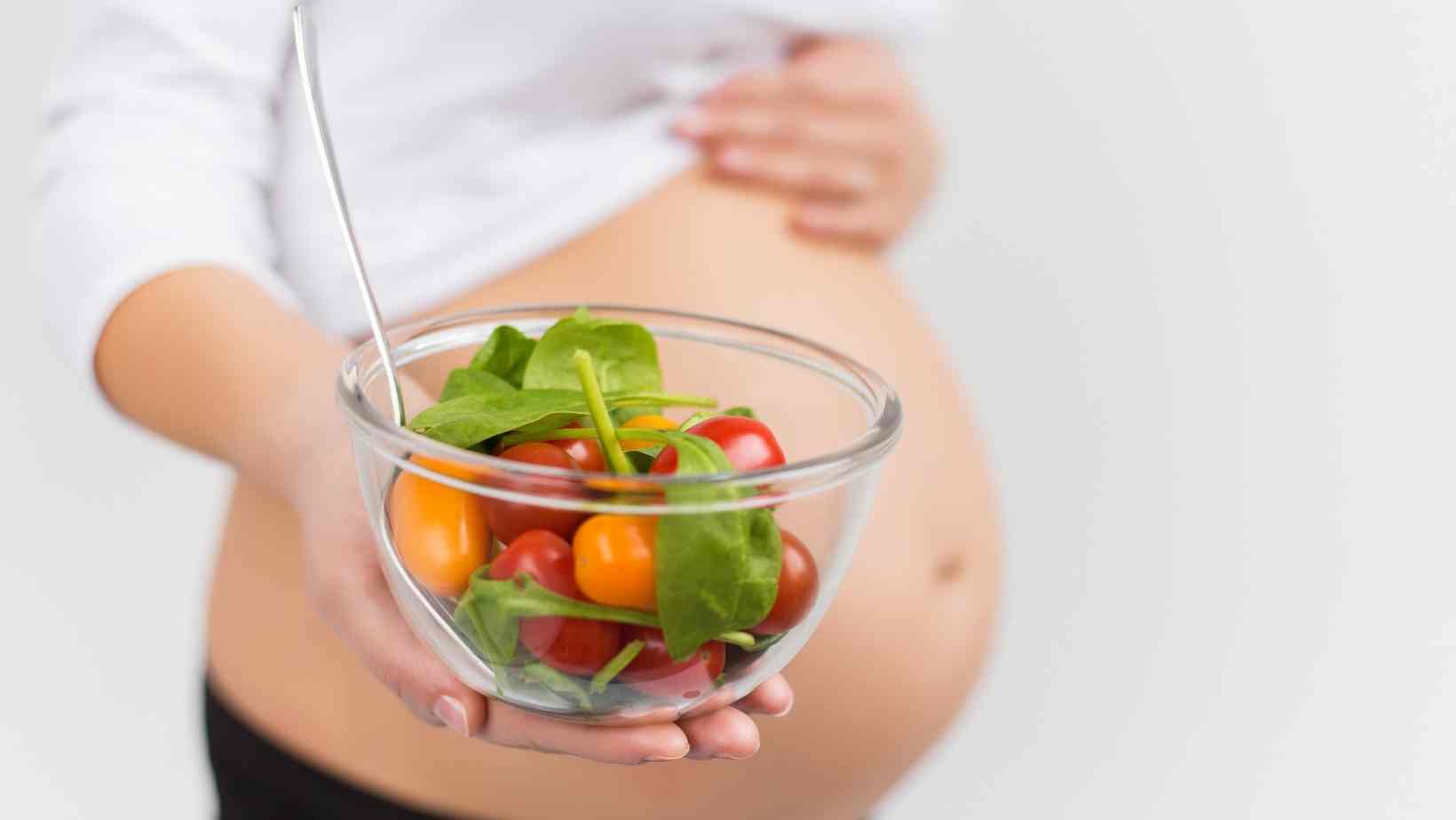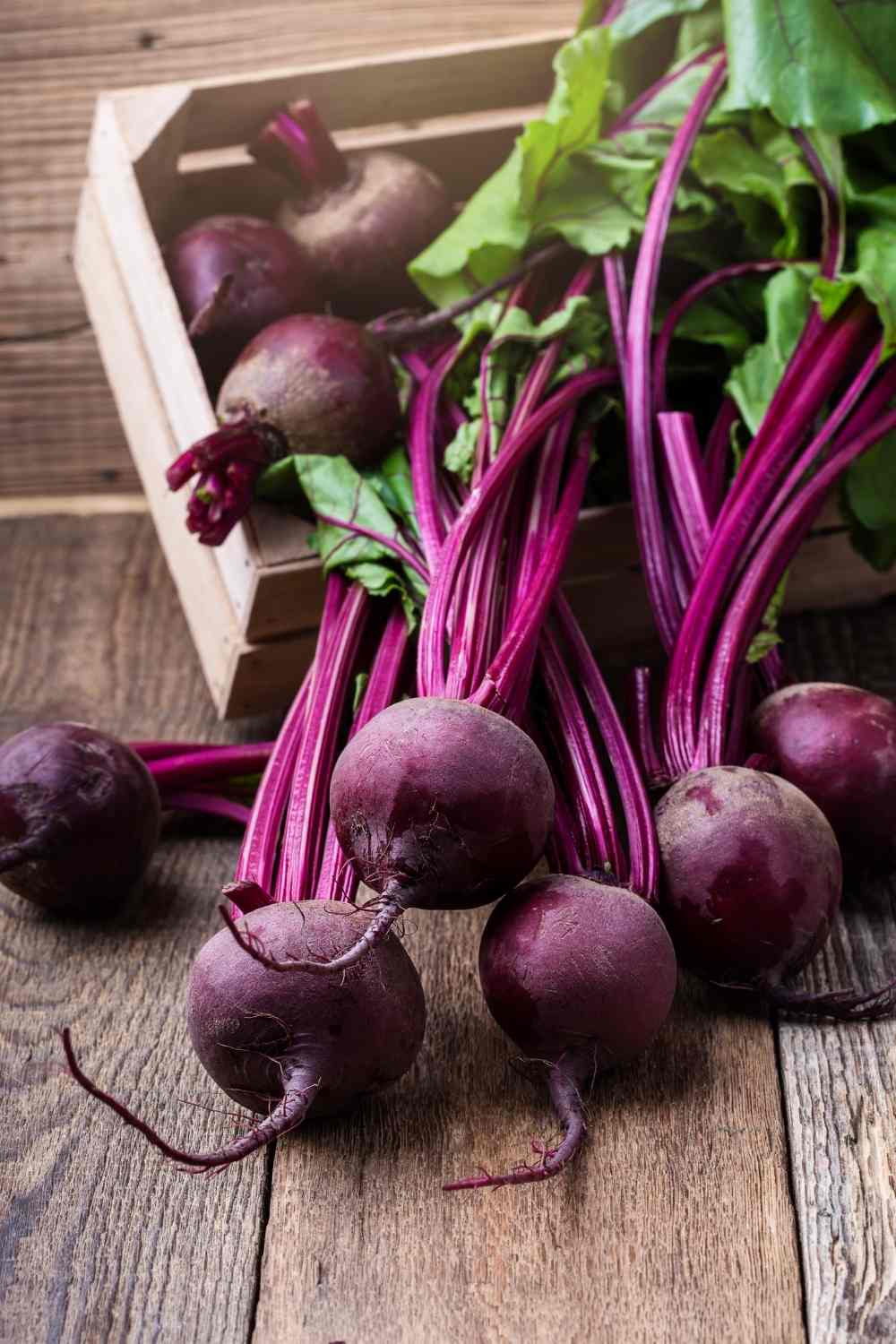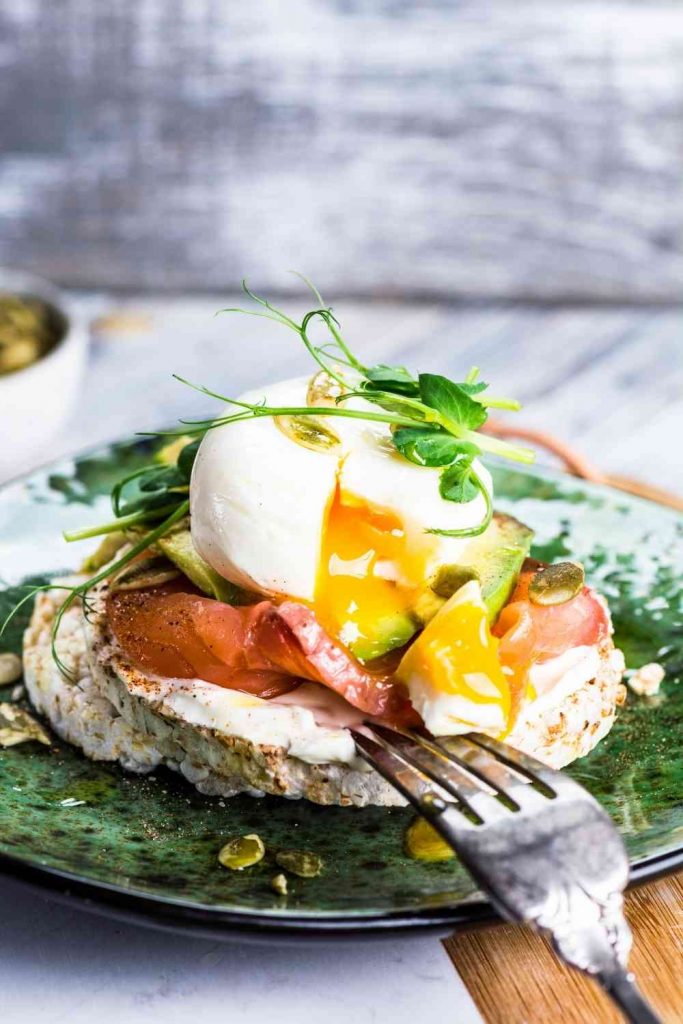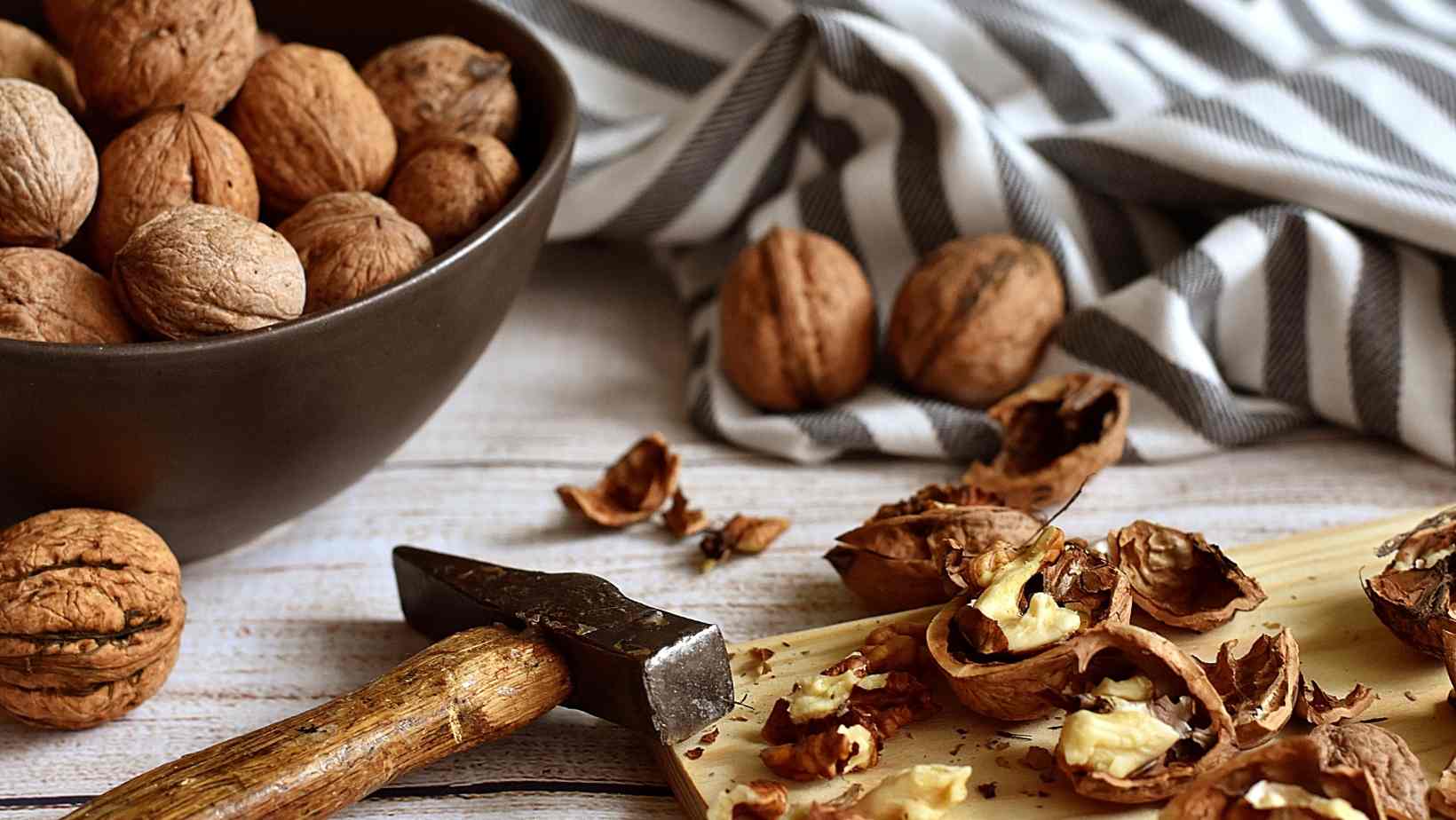Some women prefer to abstain from alcohol and other drugs in order to improve their chances of conceiving, but did you know that some foods might boost fertility? While the concept of "fertility meals" may seem unfamiliar, how you fuel your body is crucial while attempting to conceive. "Many women are unaware that lifestyle, stress, and diet may all contribute to infertility," says Jayne Williams, an integrative health and nutrition specialist. "Whole meals, a good mix of lean protein, healthy fats, and fiber may help enhance your gut flora, regulate hormones, and decrease stress levels—all three are vital to prepare your body for pregnancy."

According to Lindsey Becker, a fertility chef, certified health coach, and creator of Farm Cut, foods that may help decrease stress hormones and boost blood flow to the uterus are the ticket when it comes to eating for reproductive health. Here are 19 foods that increase fertility and your chances of getting pregnant, from salmon and walnuts, "which have been shown to reduce surges of stress hormones," to beetroots, "which are rich in resveratrol and nitrates and are known to improve blood flow to the uterus to help with embryo implantation," she says.
Pre-Pregnancy Diet For Increasing Your Fertility
Jump to:
1. Avocados
I'm guessing you already adore guacamole. Avocados, it turns out, are a fantastic fertility food. "They're a great source of vitamin E," adds Becker, "which has been proven in studies to help improve the uterine lining."
Williams concurs. "One of my go-to favorites for good fat is avocados," she explains. "They're also abundant in potassium, folate, and vitamin K, which help your body absorb other vitamins effectively."
Avocado toast with pomegranate seeds for extra antioxidants is one way to enjoy your avocado, according to Becker. Another excellent treat is to add a quarter of an avocado to your daily smoothie—it will make it creamier and richer, making your smoothie taste more like a milkshake. (Almost.) Also, don't forget the guacamole, which can be prepared easily using jalapenos, cilantro, and onion, according to Williams.
2. Sunflower seeds
Sunflower seeds may help improve sperm motility and count, which is beneficial to male fertility. Sunflower seeds may be sprinkled on salads or a sunflower seed butter smeared over toast to get more in your diet.
3. Dark leafy greens
We should always consume dark green veggies on a regular basis, but they're particularly crucial while attempting to conceive. According to Williams, kale, spinach, and Swiss chard include crucial prenatal minerals like as calcium, iron, and folate (which also helps protect against birth abnormalities), as well as a significant amount of daily dietary fiber.
"There are a million different ways to include greens into your fertility diet," Williams explains. "I've eaten them raw in salads, sautéed, blanched, and steamed," says the author. Kale chips may also be made from roasted kale, whereas spinach can be used in smoothies due to its mild taste. She responds, "Just a tiny amount will be enough."
4. Beetroot
If I've ever seen an underappreciated vegetable, it's beets and their greens. “ "Beetroots are known to aid in embryo implantation by improving blood flow to the uterus," adds Becker. "Eating a diet high in beets is extremely beneficial during IVF therapy." That's why, even if you're not doing IVF, they should be on your list of fertility foods.

They're also really easy to cook. All you have to do is handle them the same way you would potatoes: After washing and scrubbing them, mix them with olive oil, salt, and pepper. Wrap a full one in tin foil and roast until cooked at 400°F for approximately an hour, or slice them into little pieces to save time. After that, rub the skin off with your thumbs (using gloves if you don't want your hands to become pink for hours) and mix with a little red wine vinegar and olive oil for a delicious salad. To make this salad even more filling, add some sweet potatoes.
What about their leafy greens? Cook them in the same manner as Swiss chard or collard greens are cooked. They're really tasty sautéed and served with your pre-cut beet pieces.
5. Sweet potatoes
According to Becker, sweet potatoes are "high in beta-carotene, which is believed to aid in the generation of the hormone progesterone."
Sweet potato rounds in lieu of bread are a particular favorite of hers. Here's how to do it: Roast for 20 minutes after cutting the sweet potato into quarter-inch rounds and tossing it with salt and olive oil. Then, for a sweet treat, top it with almond butter and berries, or smashed avocado for "a new sort of avocado toast," as she suggests. If you're wanting a burger, use these as "buns" instead of bread.
6. Berries
Berries are one of the simplest fertility foods to increase your intake. According to Williams, blueberries, strawberries, and raspberries are "high in antioxidants such as folate and zinc." This is critical for you and your spouse. "Antioxidants in your body neutralize free radicals, which may harm sperm and egg cells," she says. (Just make sure they're organic since these fruits might contain a lot of pesticides.)
I prefer to eat berries plain or add them to a yogurt parfait or oatmeal, as Williams suggests. You can also use them to make a nutritious morning smoothie (maybe with spinach?). For a balanced dish, Williams recommends pairing them with healthy fat and protein.
7. Salmon
Salmon is an excellent item to consume if you want to boost your fertility since it's high in omega-3 fatty acids and DHA, which are vital for a baby's brain and eye development, according to Williams. It's also low in mercury (which you should avoid) and anti-inflammatory, according to Becker.

The one snag? "To keep the mercury level as low as possible, use 'wild' salmon," Williams advises. To that end, the best way to cook salmon is to keep things simple. Simply toss it in the oven with your favorite seasonings and a drizzle of avocado or cold-pressed avocado oil. Williams suggests squeezing some lemon over top for further advantages.
8. Sardines
Sardines are another fish strong in brain-boosting omega-3s that you should add to your grocery list. "Optimal amounts of omega-3s have been demonstrated to be significant in the regulation of female fertility," adds Becker.
What's the best way to obtain them? That could be a little more difficult than regular salmon. "Fresh sardines are hard to get by, but in my favorite Mediterranean restaurants, I always have them simply grilled," Becker adds. "At the supermarket, you can also get canned wild sardines. Serve them with your favorite gluten-free bread with a bit paleo mayo, lemon juice, and parsley."
9. Walnuts
If you're looking for a fertility-friendly snack, walnuts are the way to go. They're another good source of omega-3 fats, vitamin E (which is also good for endometrial health), B vitamins, and protein, according to Becker. "These powerful nuts are abundant in fiber and one of the few vegetarian meals with healthful omega-3s," Williams agrees. "Not to mention magnesium, which aids in the production of progesterone and has been linked to a reduction in morning sickness."

To gain that fertility boost, Williams suggests adding a handful of raw or dried walnuts to your daily diet. They're also good on top of roasted vegetables (like the beet-and-sweet potato salad you cooked), parfaits, and salads, according to her. Becker, on the other hand, likes them in a fertility-boosting trail mix with almonds, pumpkin seeds, and dried goji berries.
10. Greek yogurt
If you're looking for a fertility-boosting item to eat first thing in the morning, Greek yogurt is a great option. "It's high in calcium and vitamin D, which helps your ovaries' follicles grow and encourages healthy bones," Williams explains. "All you need is one serving to receive these key vitamins." She recommends going for the full-fat "plain" (as in, unsweetened) type to avoid the added sugar.
For the complete impact, top a Greek yogurt parfait with berries, a spoonful of unsweetened nut butter, and a few walnuts.




